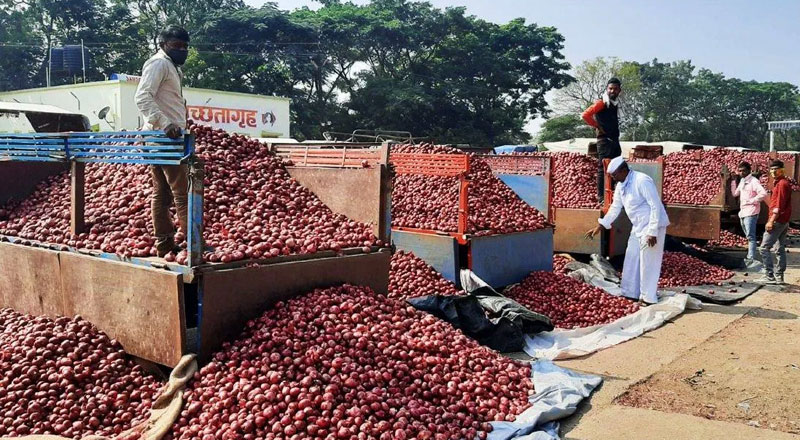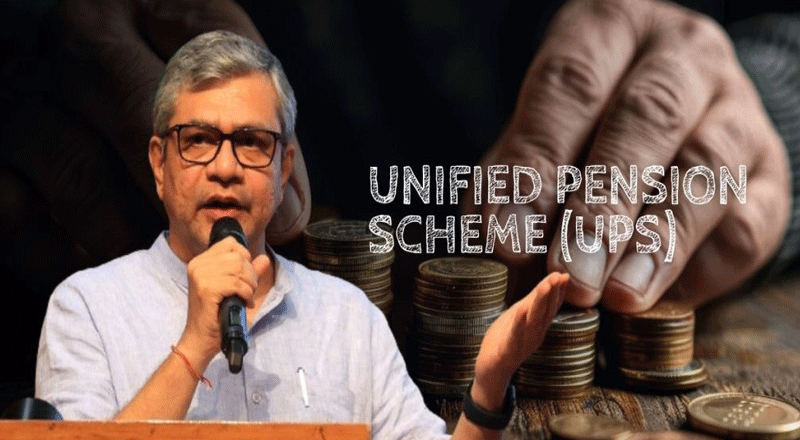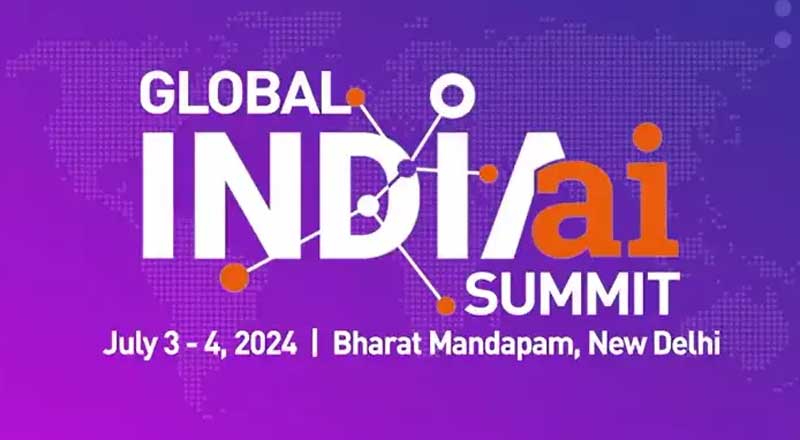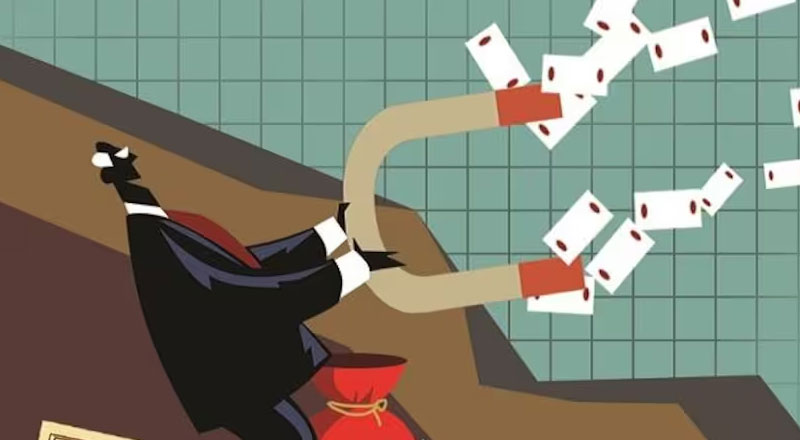Beating past records, the Centre has procured 2.50 lakh tons of onion for the buffer in 2022-23. The onion buffer size in current year is 0.50 lakh tons higher than the 2.0 lakh tons created during 2021-22. The onions were procured from current rabi harvest for the price stabilisation buffer. The stocks have been procured by National Agricultural Cooperative Marketing Federation of India (NAFED) from farmers through the Farmer Producer Organisations (FPOs) in rabi onion growing states of Maharashtra, Gujarat and Madhya Pradesh.
The stocks will be released through targeted open market sales and also offered to states/UTs and government agencies for supplies through retail outlets during the lean months (Aug – Dec) to moderate price rise. Open market releases will be targeted towards states/cities where prices are increasing over the previous month and also in key mandis to augment the overall availability.
The price stabilisation buffer serves the twin objectives of providing remunerative prices to onion farmers and augmenting the availability of onions at affordable prices to the consumers. Onion is a semi perishable vegetable and post-harvest losses due to physiological weight loss, rotting, sprouting etc. are estimated to be substantial. Rabi onion harvested during April – June accounts for 65% of India’s onion production and meets the consumer’s demand till kharif crop is harvested from October-November. It is therefore vital to successfully store onion in order ensure the regular supply.
To address the post-harvest losses of onions including loss on account of sub-optimal storage and processing, the Department of Consumer Affairs has announced a Grand Challenge for development of “Technologies for Primary Processing, Storage and Valorisation of Onions”. The Department of Consumer Affairs is engaging with students, researchers and start-ups to develop a strategy for minimising post-harvest losses in onions
The Grand Challenge on Onions invites efficient and cost-effective solution for reducing the wastage of onions from Students (UG/PG/Diploma), Research Scholars, Faculty members, Start Ups and other individuals having interest in this area. There are four verticals of challenge viz. Improvements in the designs of storage structures, Pre-harvesting stage, Primary Processing and Valorization: Value addition and utilisation of onion waste.
The challenge has been rolled out in three stages. There will be evaluation of ideas, technology solutions at three stages (Ideation to Proof-of-Concept stage, Proof of Concept to Product stage and Field implementation) of the proposed technical solution and there is attractive prize money for shortlisted participants at each stage.





